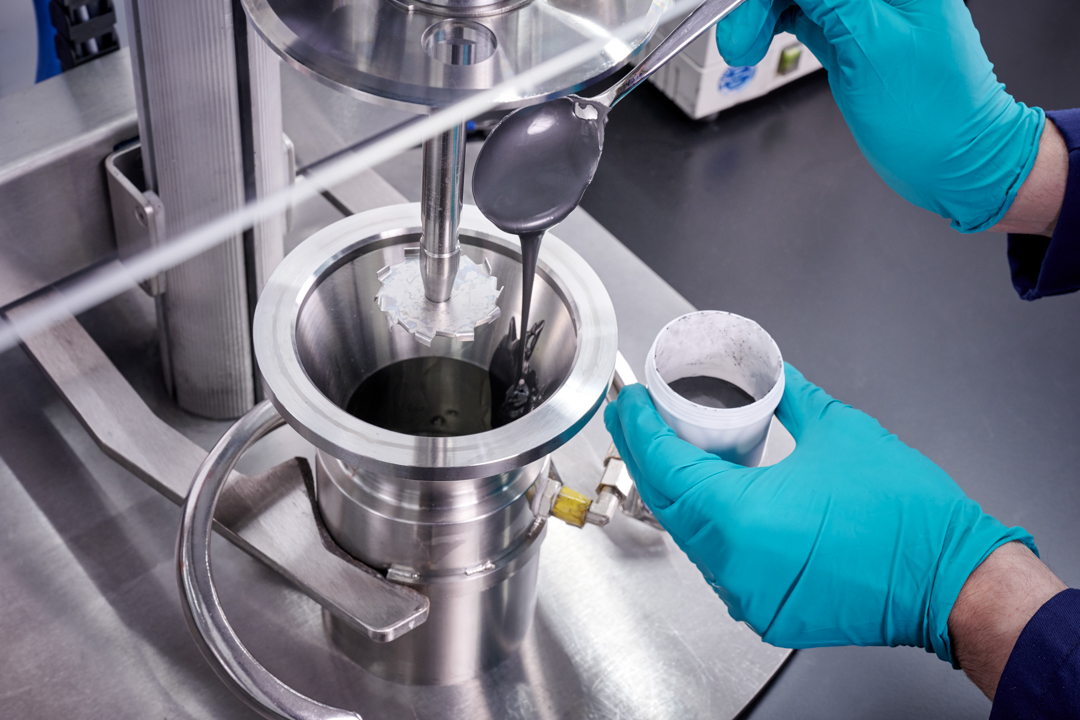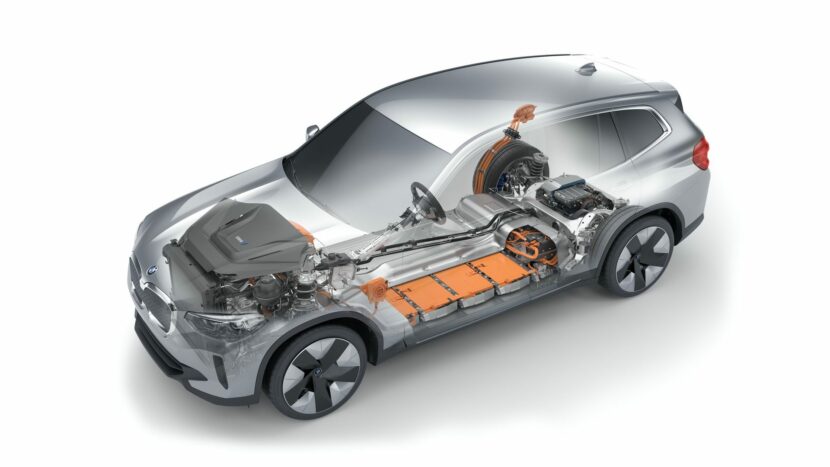One of the biggest arguments people bring up whenever discussing the ‘true eco-friendly’ character of EVs is the fact that they still rely on rare-earth materials such as lithium. Lithium use in itself isn’t the problem, it’s the extraction process for materials like lithium that pollutes the environment to such a point that it nullifies any other advantages. Those are valid claims and the industry should focus a lot more on making sure that we don’t burn down our planet while trying to save it. To that end, BMW recently announced that it is sponsoring research on finding sustainable extraction methods.
This is yet another step in this direction, after the Germans announced they will no longer use rare earth metals for their electric drivetrains and after they made sure to source cobalt from reputable companies. Now, with the new partnership signed with two renowned American universities announced today, the Bavarians are now focusing on lithium as well.
The research to be conducted by the University of Alaska-Anchorage and University of Massachusetts-Amherst will try to find out exactly what the impact of lithium extraction on the hydrologic environment in Latina America is. Why Latin America? Because two thirds of the world’s lithium reserves are located there and so far.
“Electromobility can only be sustainable when the raw materials are also extracted in the most sustainable manner possible. The new study we have commissioned is designed to create a scientific basis for identifying the best options for sourcing lithium. We are delighted to work with two such renowned universities on this study and are certain it will generate important new knowledge about lithium extraction,” said Patrick Hudde, head of Indirect Purchasing Raw Materials Management, BMW Group.
Being Earth’s lightest metal, lithium is used in manufacturing batteries, ceramics, glass and aluminum, among other items. As such, Lithium is an essential raw material for producing lithium-ion batteries and plays a key role in vehicle electrification. The final results of the study should be available in the first half of 2022 and will include a five-tier rating system. This rating is designed to provide companies with better guidance on sustainable lithium extraction in Latin America.


















































